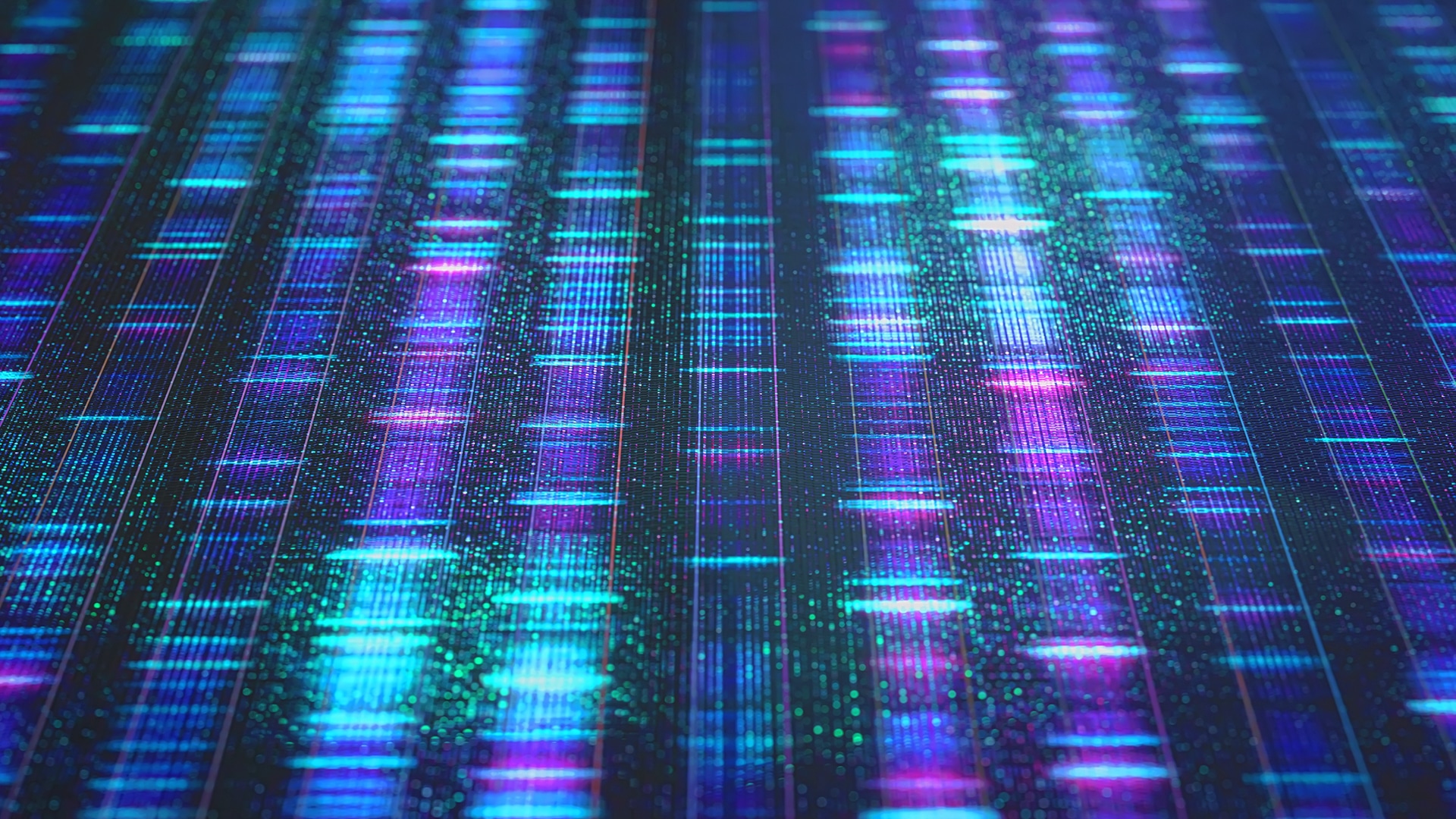Whole genome sequencing provides significantly more precise diagnoses
Since 2015, the Genomic Medicine Center Karolinska-Rare Diseases (GMCK-RD), has analyzed more than 4,400 individuals by using Whole Genome Sequencing (WGS). The center represents a long-term collaborative initiative between the Clinical Genomics unit at SciLifeLab and the Karolinska University Hospital, and aims to provide the Stockholm healthcare region with advanced, genomics-based diagnostics.
According to a recent study, published in Genome Medicine, more than 1,200 individuals with a broad range of rare diseases, have been able to receive a diagnosis during the past five years, thanks to the GMCK-RD. The sequencing was carried out at the SciLifeLab Clinical Genomics unit in Stockholm.
“We’ve established a way of working where hospital and academia collaborate on sequencing each patients’ entire genome in order to find genetic explanations for different diseases. This is an example of how precision medicine can be used to make diagnoses and tailor treatments to individual patients”, says first author Henrik Stranneheim (KI), in a press release from Karolinska Institutet.
Since the center started, researchers have found pathogenic mutations in more than 750 genes and discovered 17 novel disease genes. In patients with inherited metabolic diseases, rare epilepsies and primary immune deficiencies, the sequence data has sometimes even enabled personalized treatment. The results represent a big leap forward in the emerging field of precision medicine.
“Clinical whole genome sequencing has had huge implications for the area of rare diseases. Used in the right way, targeted towards each patient’s individual clinical presentation, new groups of patients can receive the right diagnosis and treatment in a way that hasn’t been possible before”, says SciLifeLab researcher and one of the corresponding authors, Anna Wedell (Karolinska Institutet).
Read more about the study in the press release from Karolinska Institutet.





